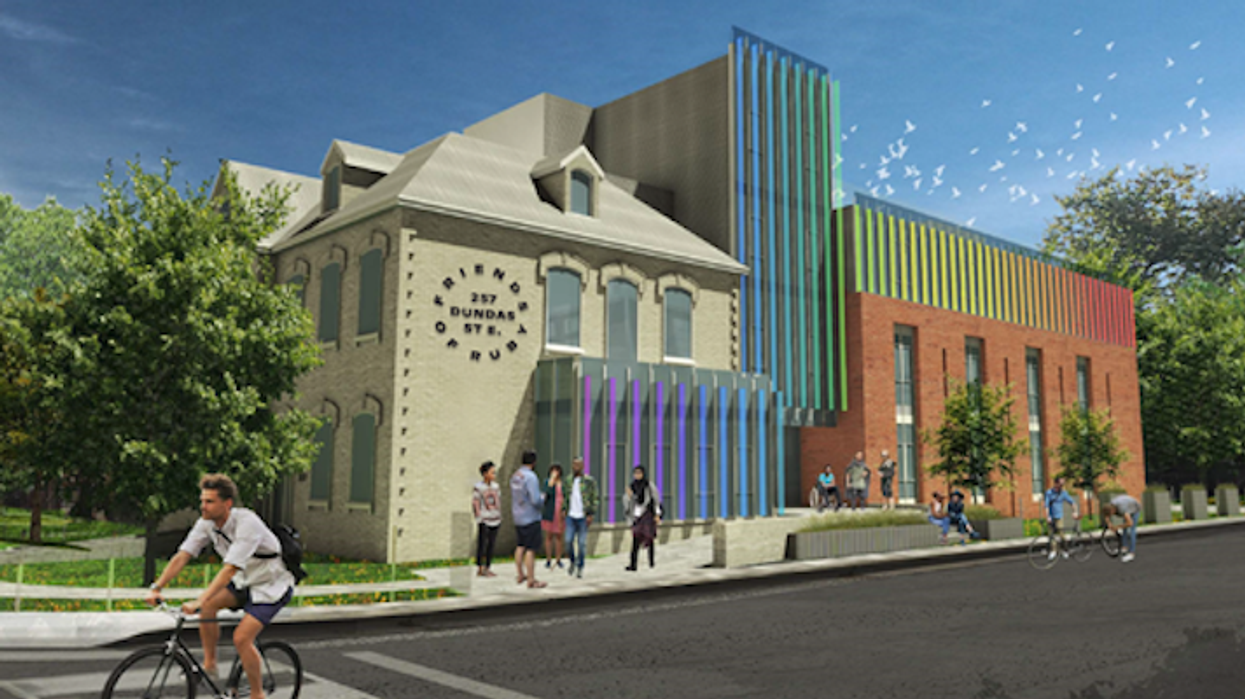Toronto continues to be a leader for LGBTQI2S youth, as it will soon be home to the country's first pet-friendly transitional housing facility.
Led by Friends of Ruby, the project will become a reality later this year, thanks to a $52,000 grant from PetSmart Charities of Canada, with funding going toward creating a pet-friendly environment at the group's new transitional housing facility in Toronto.
READ: Tiny Home, Big Idea: A Cozy Solution For Youth Homelessness
The new facility will be dedicated to serving Canadian LGBTQI2S youth, aged 16 to 29, and their pets and offer them a safe space to call home during unexpected transition periods.
“Over 30% of homeless or precariously housed youth are LGBTQI2S. Our experience in our drop-in and counselling centre has shown that youth not only want to be able to live with their pets, but that pets have a positive effect on youth mental health and well-being,” said Carol Osler, Friends of Ruby Executive Director.
The facility will have space to house 33 LGBTQI2S youth in 26 transitional units and five emergency beds. It has a purpose-based design, accessible, and single and double occupancy rooms, embedded mental health supports and case management, and a rooftop terrace for quiet reflection.
To make the home pet-friendly, Friends of Ruby will have a dedicated space for youth to groom and take care of their pets, which will be stocked with grooming gloves, bathing mats, brushes, towels, flea and tick shampoo, skunk spray, pet food, and more. Beds, blankets, and bowls will also be available in rooms and common spaces.
Creating a pet-friendly environment in the new Friends of Ruby transitional housing facility will enable youth to keep their pets during challenging times, said Dani LaGiglia, regional relationship manager at PetSmart Charities of Canada.
“Pets provide unconditional love and actively act as a source of comfort, especially during unexpected transition periods,” said LaGiglia.
To date, Friends of ruby has supported more than 850 youth, in addition to preventing 470 mental health crises and visits to hospital emergency rooms, saving nearly $300,000 in health care costs.





















